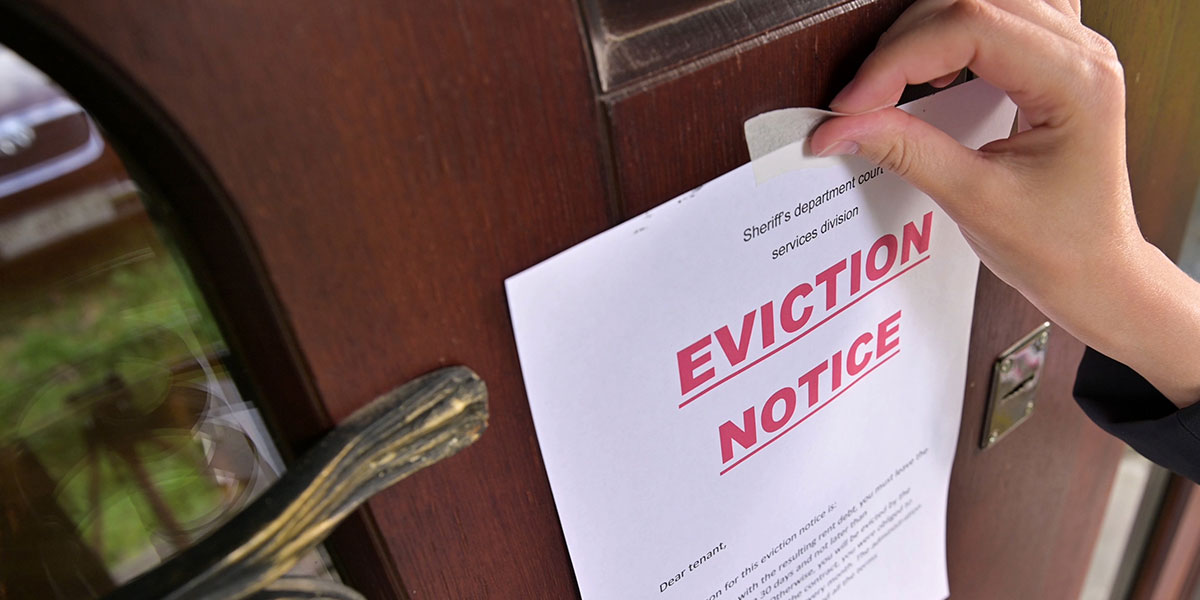Dealing with landlord/tenant and eviction disputes at Serrano, Farah Law, LP gives us a different insight on how to successfully remove a tenant from your property. We also know how to complete a quick removal while adhering to all state and federal regulations. Every day that a tenant fails to pay is another day of money wasted, which is why we are ready to begin working on your case right now.
Florida Evictions
An eviction is a legal process a landlord must use to remove a tenant from a rental house, apartment, or room. It may be essential for a landlord to use his eviction rights on occasion. Tenant evictions in Florida can happen for a variety of reasons. For help in the Florida eviction procedure, the landlord can refer to Chapter 83 of the Florida Statutes. Using threats, stopping utilities, or changing locks to evict a tenant is prohibited. The legislation in Florida specifies how to terminate a tenancy.
What is the procedure for eviction?
The eviction process is initiated with a three-day notice and ends with a writ of removal. If the eviction is unopposed, the entire procedure can take as little as one week, or it can take years in uncommon instances. If there are no legitimate defenses to the eviction complaint, the eviction procedure takes roughly 15 days on average.
An eviction happens when a tenant has seriously violated the conditions of the tenancy or has refused to vacate the premises after the rental agreement has ended. An eviction is not the same as an ejectment. When there is no tenancy agreement in place, such as when “guests” overstay their welcome, an ejectment occurs instead of an eviction.
In Florida, there are several reasons to evict a tenant. The three most typical reasons for starting an eviction procedure are as follows:
- Rent was not paid by the tenant.
- The tenant did not follow their lease’s restrictions (for example, keeping a dog in their apartment despite the lease’s severe no dog’s provision).
- Tenant did not keep their unit up to Florida’s minimal requirements as per Florida Statute 83.52.
What can’t landlords evict tenants for?
In the state of Florida, landlords are prohibited from utilizing typical forms of self-help’ to force non-paying or ‘problem’ tenants to vacate their homes.
These techniques include, but are not limited to, the following:
- The tenant’s unit doors are being removed.
- Changing the locks on the tenant’s apartment essentially shut them out.
- Interfering with a tenant’s utilities, such as shutting off their main water valve and other measures
Contact our Florida Eviction Attorney
Serrano, Farah Law, LP Florida eviction attorneys devote a significant portion of their practice to evictions in Florida. Call the professional eviction attorneys at Serrano, Farah Law, LP immediately to talk with a Florida eviction lawyer if you are a landlord, property manager, or tenant who needs help pursuing or defending against a residential or commercial eviction. Our attorneys are committed to providing the best legal assistance possible in all landlord-tenant disputes. We will work with you to solve your Landlord Tenant issues.







